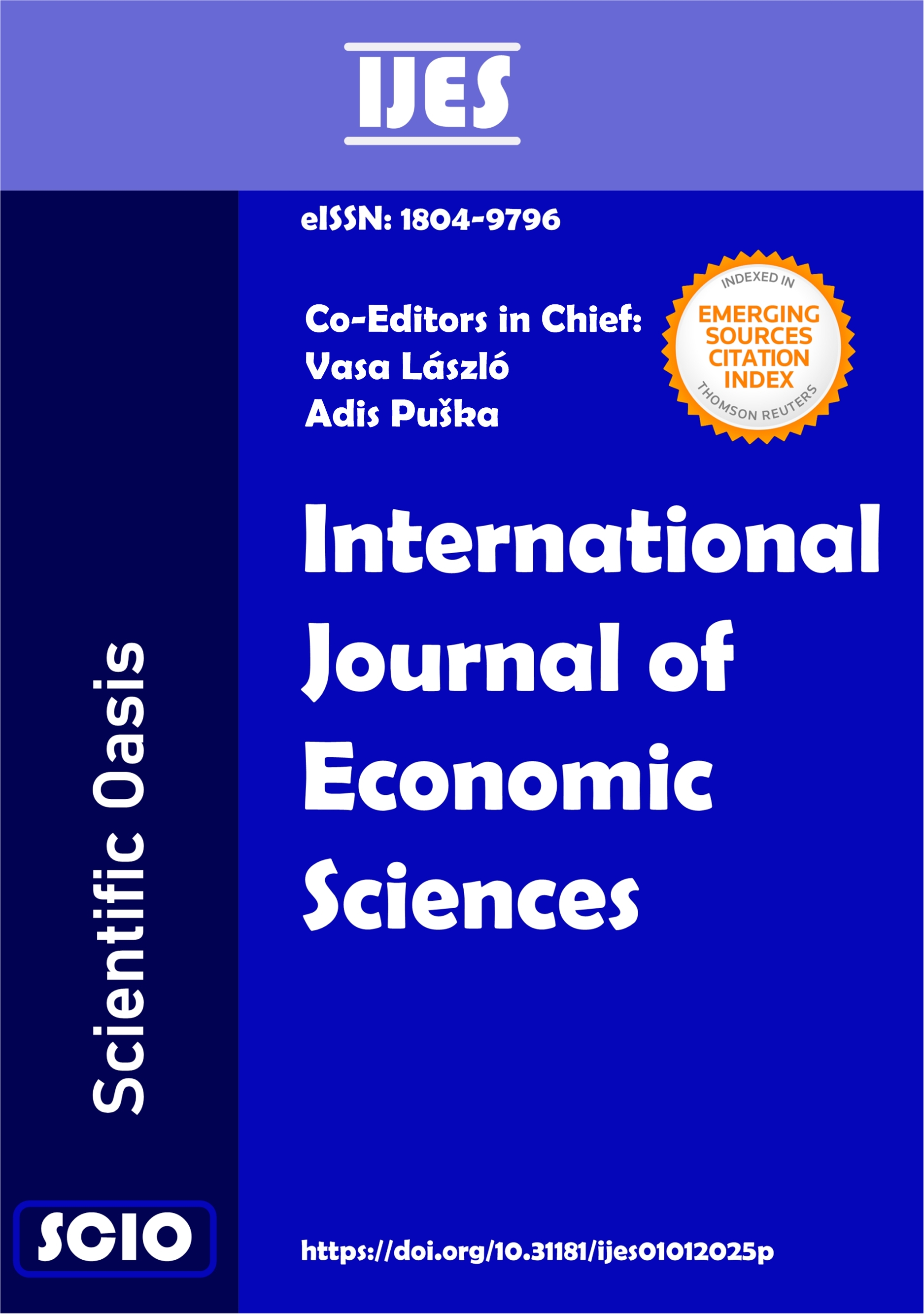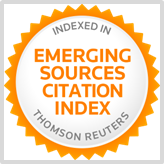OPTIMAL LIFE-CYCLE INVESTMENT STRATEGY IN LITHUANIAN SECOND PENSION PILLAR
DOI:
https://doi.org/10.20472/ES.2018.7.2.004Keywords:
Pension funds, Life-cycle investment, Investment strategyAbstract
The proposition to introduce life-cycle investment strategy as a default option in second pension pillar in Lithuania is currently being intensely discussed as a measure to solve the problems of the irrational behaviour of pension fund participants. The latest analysis has shown that the majority of participants have selected an inappropriate pension fund (investment strategy and investment risk) while evaluating the accumulation period that they have left till the retirement. Moreover, most of them are not active and do not change the pension fund during accumulation period. The life-cycle investment strategy allows participants to switch automatically and gradually from one asset allocation to another as they get closer to retirement. Therefore, such dynamic asset allocation must have a strong analytical foundation. The goal of the study is to evaluate the optimal life-cycle investment strategy in the Lithuanian second pension pillar. In order to achieve this goal, the authors prepared a quantitatively calibrated model that closely follows such works as Cocco et al. (2005), Bagliano et al. (2009) and Blake et al. (2008). The model takes into account the specifics of the Lithuanian market such as contribution rates, the investment performance of pension funds, and participant’s labour income process. In this paper, the authors use the optimization problem, where participant’s utility is maximized only by the selected investment strategy (without consumption). The results show that from the beginning of accumulation period (the age of 20) till the age of approximately 42 years it is most rational to invest a high proportion of participant’s pension assets into equities. Then optimal asset allocation is gradually switching from equities to less risky assets (e.g. government bonds) as the retirement age (65) approaches, where only 19 per cent of assets are invested into equities. The paper consists of three main parts: literature review, the explanation of the model and calibrated parameters that were used to evaluate the optimal life-cycle investment strategy, and main simulation results, including benchmark and sensitivity analysis.
Data:
Received: 23 Aug 2018
Revised: 8 Oct 2018
Accepted: 6 Nov 2018
Published: 20 Nov 2018
Downloads
Downloads
Published
Issue
Section
License
Copyright (c) 2018 Teodoras Medaiskis, Tadas Gudaitis, Jaroslav Mečkovski (Author)

This work is licensed under a Creative Commons Attribution 4.0 International License.






















 All site content, except where otherwise noted, is licensed under the
All site content, except where otherwise noted, is licensed under the